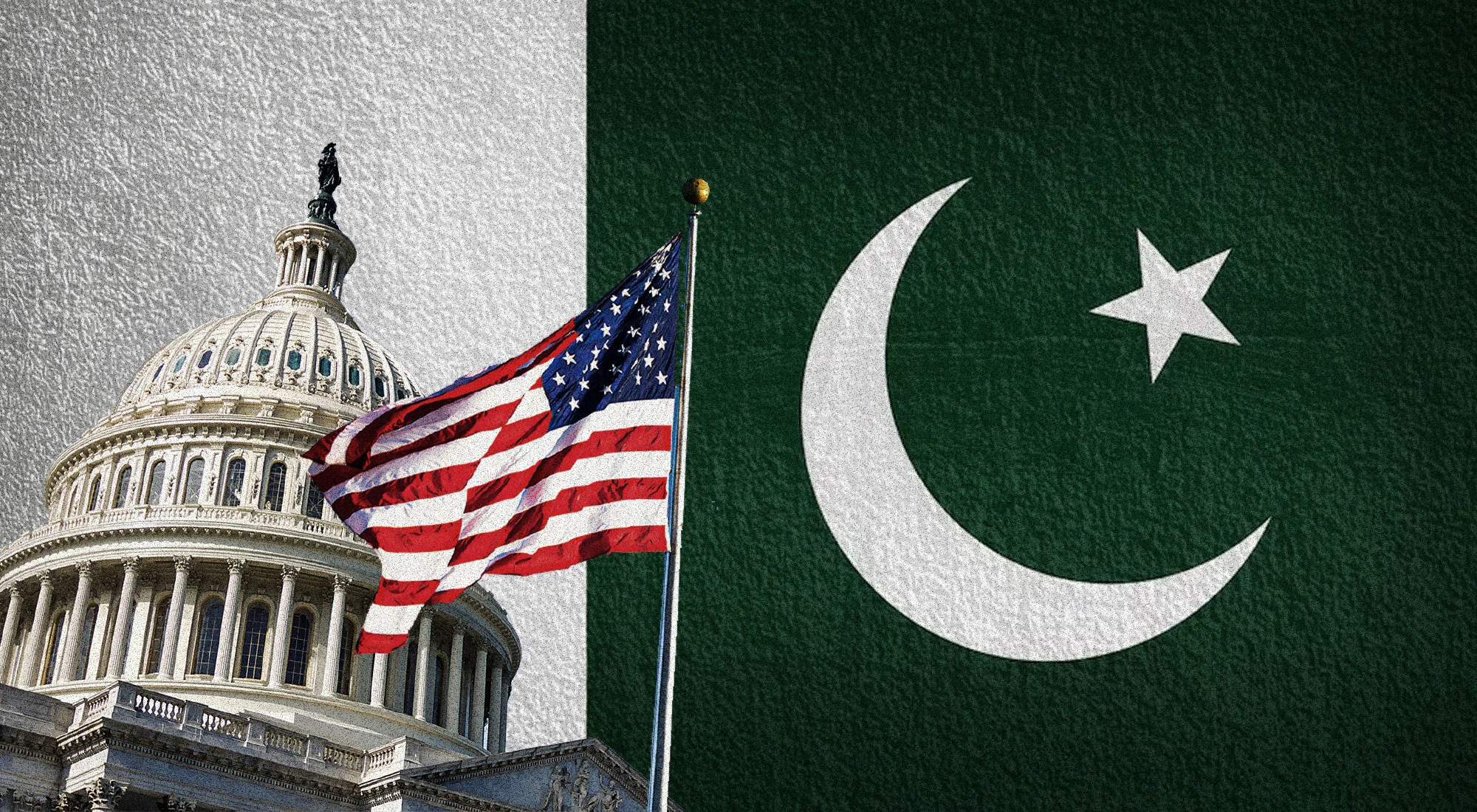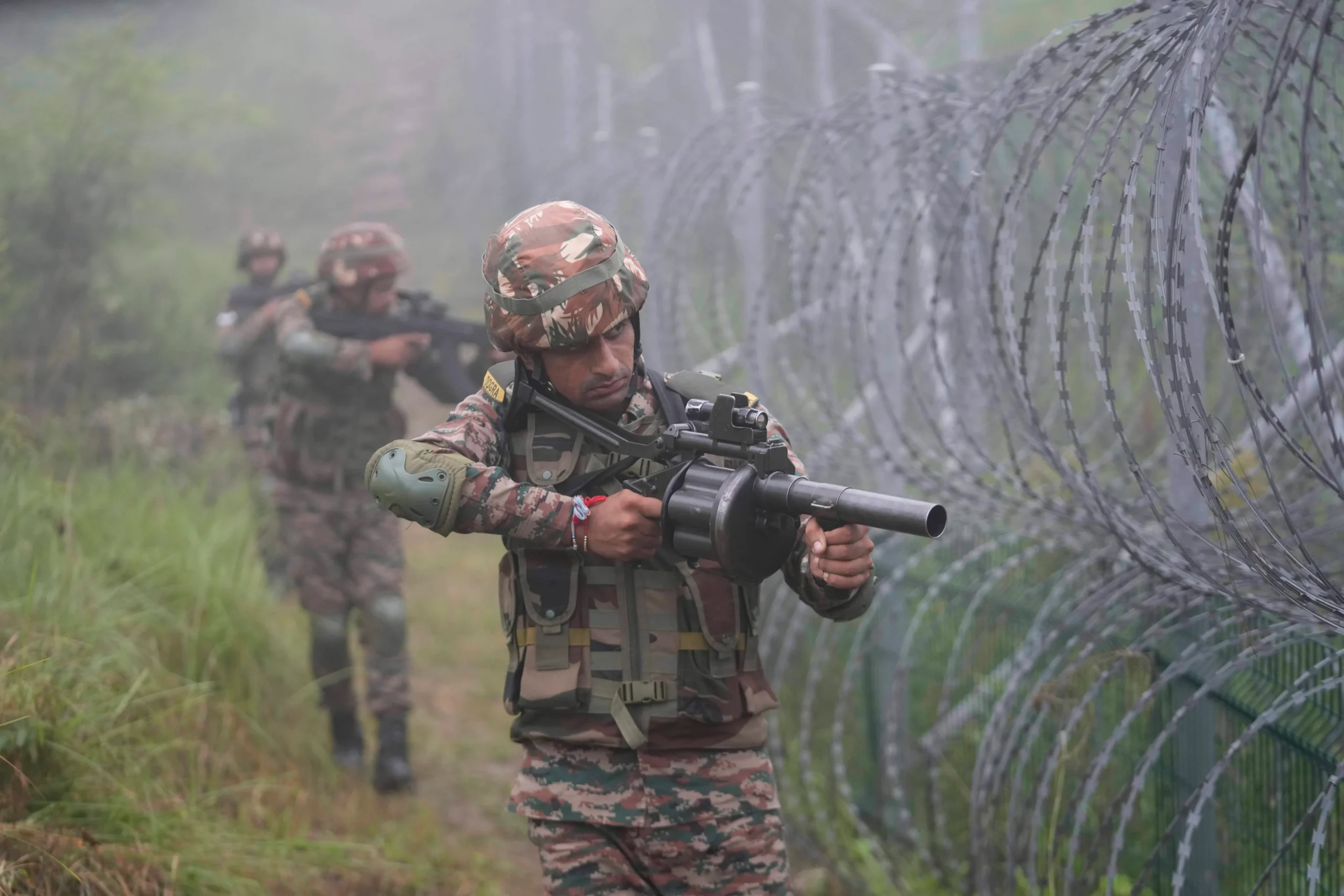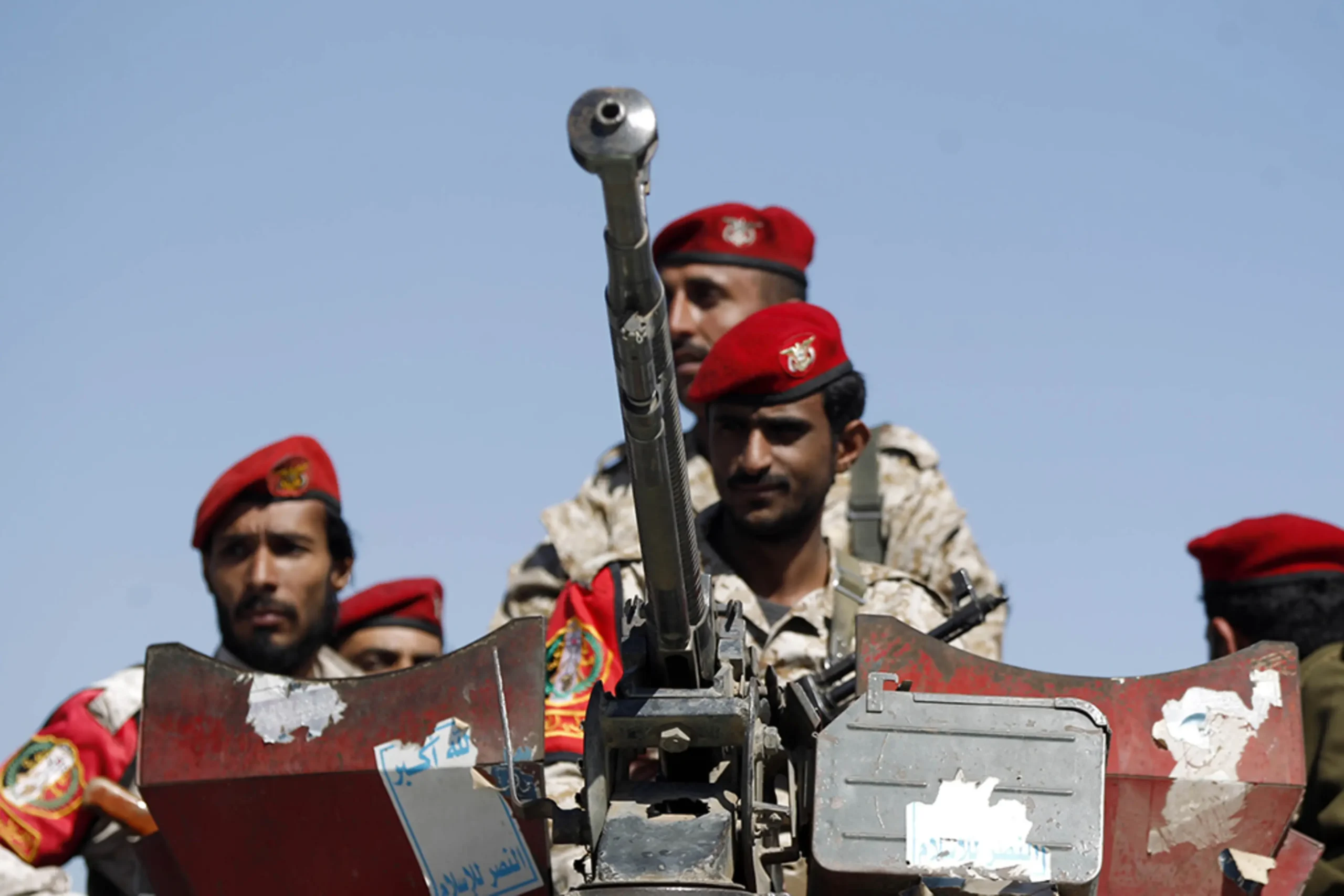Sri Lanka’s Telugu community has inherently hung on to its nomadic lifestyle despite increasing clashes with the way the world functions in the 21st century. Now the community is facing even more peril due to the COVID-19 pandemic.
The Telugu’s are the smallest ethnic community in the country. They did not even have permanent addresses until 1981. It was only after the government built them villages that the change in living status ensued. However, even after that, they are known for their nomadic way of life often making money by staging snake and monkey performances and offering palm reading services to amused tourists.
However, because of the coronavirus pandemic, their way of life is under threat. Tourism has nosedived, and lockdowns mean they cannot leave their villages. Not only that, local people who might have been otherwise very trusting of them, don’t welcome them to their villages anymore, due to rising concerns of outsiders being potential carriers of the virus.
Moreover, their traditional ways and culture are threatened by the pan-globalization phenomenon. The younger generation rejects the old ways, and young men are increasingly preferring manual labor, which pays better than snake charming.
The older members of the community worry that the pause in the traditional livelihoods for the Telugu speakers, due to COVID-19 will only accelerate the cultural decline of its people.
Also See: Sri Lanka: The Great Economic Recession






